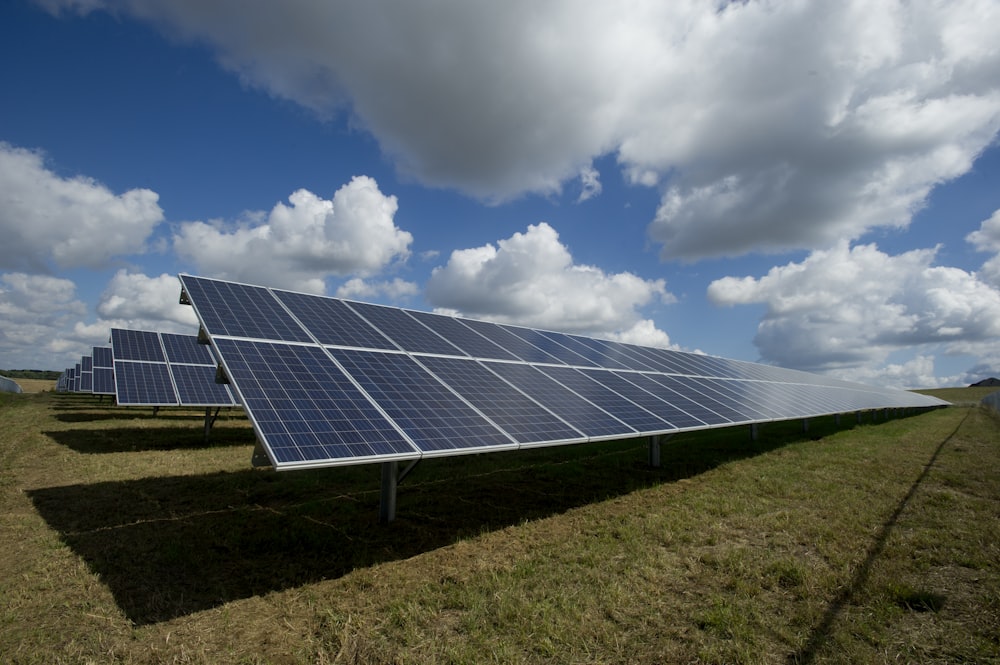Solar Solutions for Pakistani Homes: Costs vs Savings (2025 Analysis)

With electricity prices in Pakistan reaching record highs in 2025 (average of Rs. 42/unit for top-tier consumers), solar energy has become an increasingly attractive option for homeowners. But how much does a solar system actually cost, and how long does it take to pay for itself?
In this comprehensive guide, we analyze the latest solar panel costs, government policies, and real-world savings data from Pakistani households to help you determine if solar is right for your home.
What's Covered in This Guide
1. 2025 Solar System Costs in Pakistan
Solar panel prices in Pakistan have decreased by approximately 18% since 2022 due to improved local manufacturing and reduced import duties on solar equipment. Here are the current average prices for complete installed systems:
3kW System
Suitable for homes using 300-400 units/month
- 8-10 solar panels
- 3kW hybrid inverter
- 2-3 batteries (optional)
5kW System
Ideal for homes using 600-800 units/month
- 12-16 solar panels
- 5kW hybrid inverter
- 4-5 batteries (optional)
10kW System
For large homes using 1,200+ units/month
- 24-28 solar panels
- 10kW hybrid inverter
- 8-10 batteries (optional)
Price Factors: Final costs depend on panel quality (Tier 1 vs local brands), inverter type (hybrid/on-grid), battery bank size, and installation complexity.
2. Types of Solar Systems Available
Pakistani homeowners typically choose between three main types of solar systems, each with different cost structures and savings potential:
| System Type | Description | Avg. Cost (5kW) | Best For |
|---|---|---|---|
| On-Grid | Connected to utility grid, no batteries | Rs. 650,000-750,000 | Areas with reliable grid power |
| Hybrid | Grid-connected with battery backup | Rs. 800,000-950,000 | Areas with frequent load-shedding |
| Off-Grid | Complete independence from grid | Rs. 1,000,000-1,200,000 | Remote locations without grid access |
Most Popular in Pakistan: Hybrid systems account for 68% of residential installations in 2025 as they provide backup during load-shedding while still allowing net metering benefits.
3. Monthly Savings Breakdown
Actual savings depend on your current electricity consumption, tariff slab, and system type. Here's a realistic savings projection for a 5kW hybrid system in Lahore:
5kW Hybrid System Savings
Avg. 75% Bill ReductionNote: Savings are higher during summer months when solar production peaks (April-September) and slightly lower in winter. These calculations assume net metering is available.
Final Verdict: Is Solar Worth It in Pakistan?
Based on our 2025 analysis, solar systems in Pakistan typically pay for themselves within 3.5-5 years for most households, with systems continuing to produce free electricity for 20+ years thereafter. The combination of:
- High electricity tariffs (Rs. 42+/unit for top consumers)
- Improved solar panel efficiency (20%+ for premium panels)
- Government net metering policies
- 25-30% lower system costs compared to 2020
makes this one of the best times for Pakistani homeowners to invest in solar energy. Use our Solar Savings Calculator to get personalized estimates for your home.
Solar Energy FAQs for Pakistani Homeowners
How long do solar panels last in Pakistan's climate?
Quality solar panels typically last 25-30 years in Pakistan. While they gradually lose efficiency (about 0.5% per year), most manufacturers guarantee at least 80% production after 25 years. The extreme heat can slightly reduce lifespan, so proper installation with airflow underneath is crucial.
Which solar panels are best for Pakistani conditions?
Monocrystalline panels perform best in Pakistan's hot climate due to their higher temperature coefficient and efficiency. Look for Tier 1 manufacturers like Jinko, Longi, or Canadian Solar that offer 25-year performance warranties. Local brands may be cheaper but often have shorter warranties and lower efficiency.
Can I run air conditioners on solar power in Pakistan?
Yes, but it requires proper system sizing. A 1.5-ton AC needs about 2.5kW of solar panels to run during daylight hours. For night operation, you'll need sufficient battery storage (at least 4-6 batteries for one AC). Most households opt to run ACs partially on solar and partially on grid to balance costs.
Get a Free Solar Consultation
Our experts will analyze your electricity bills and recommend the ideal solar solution